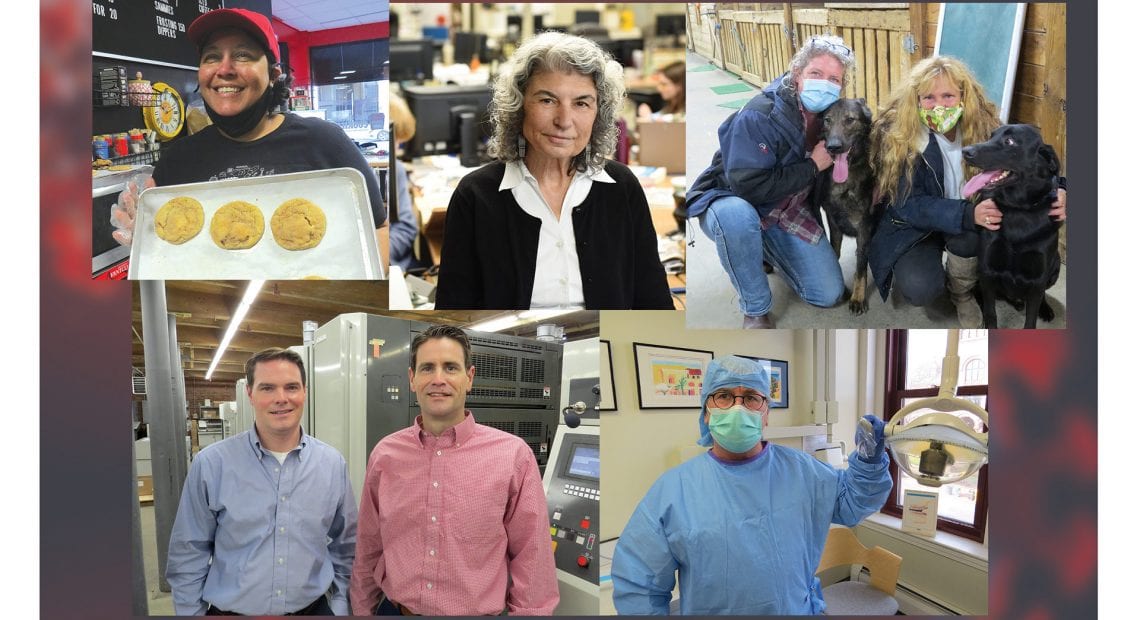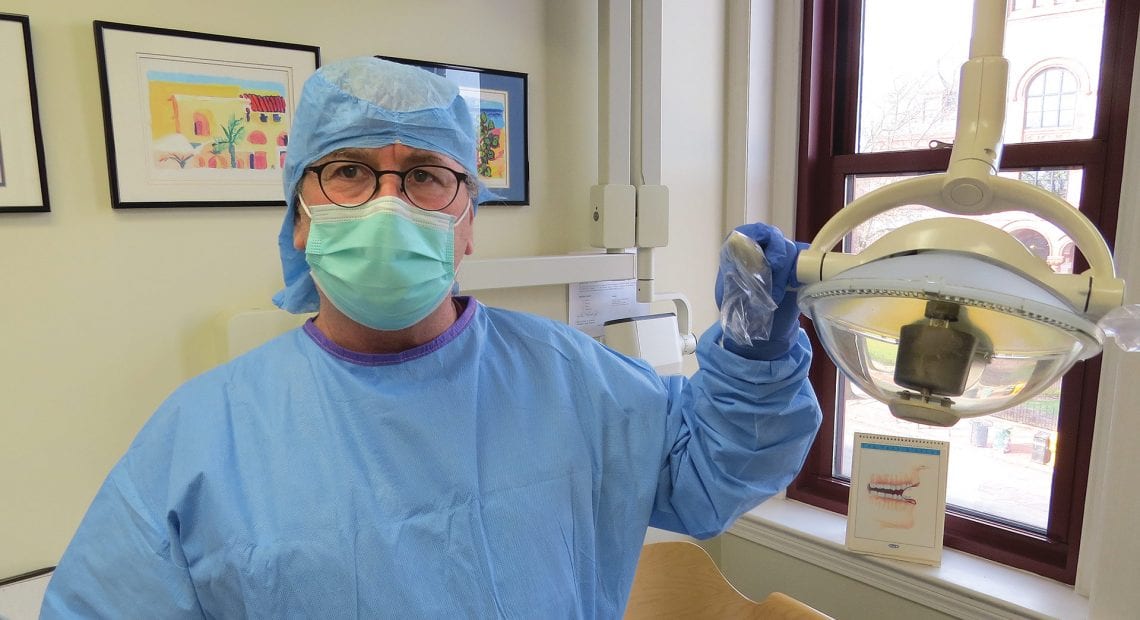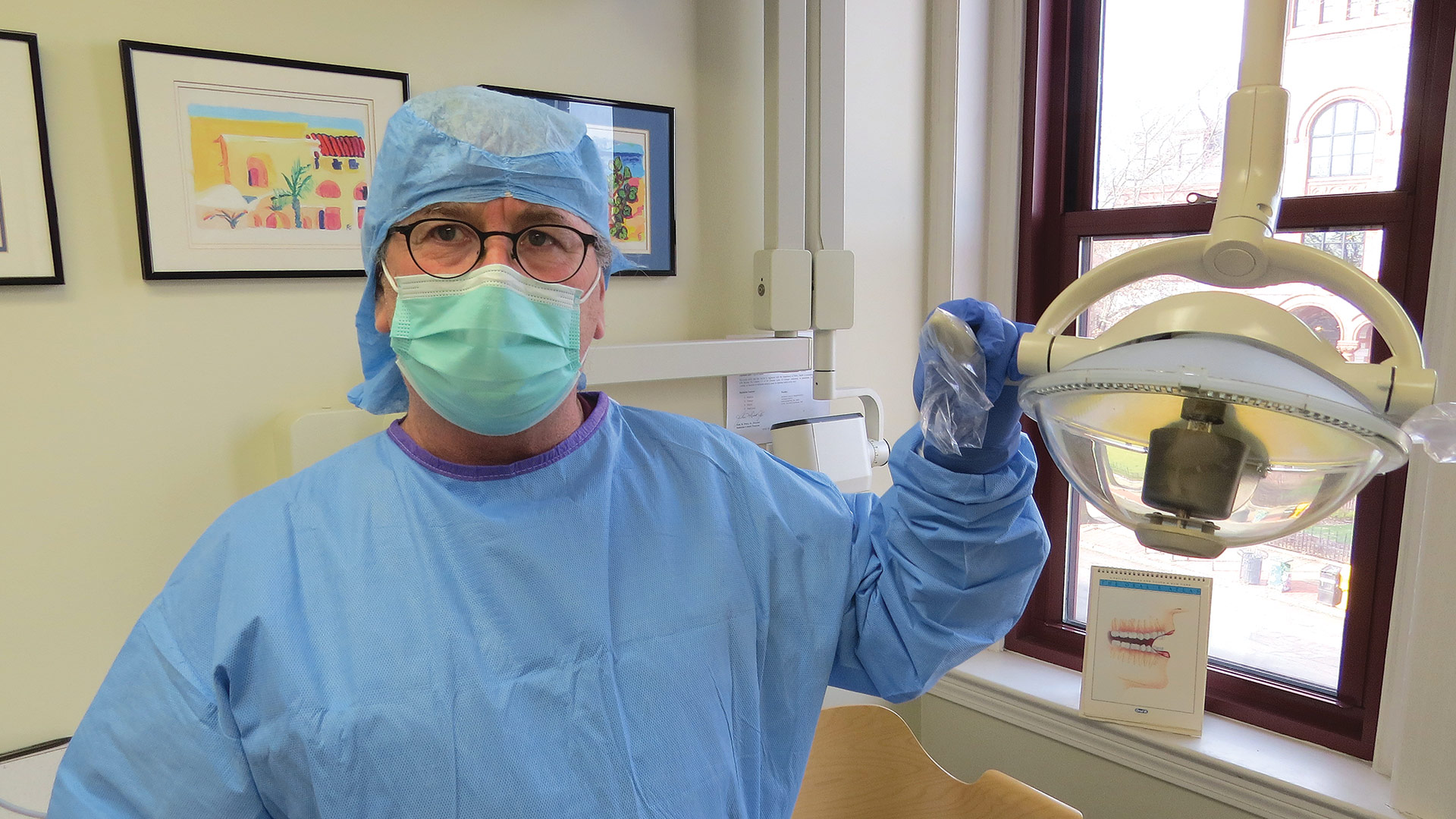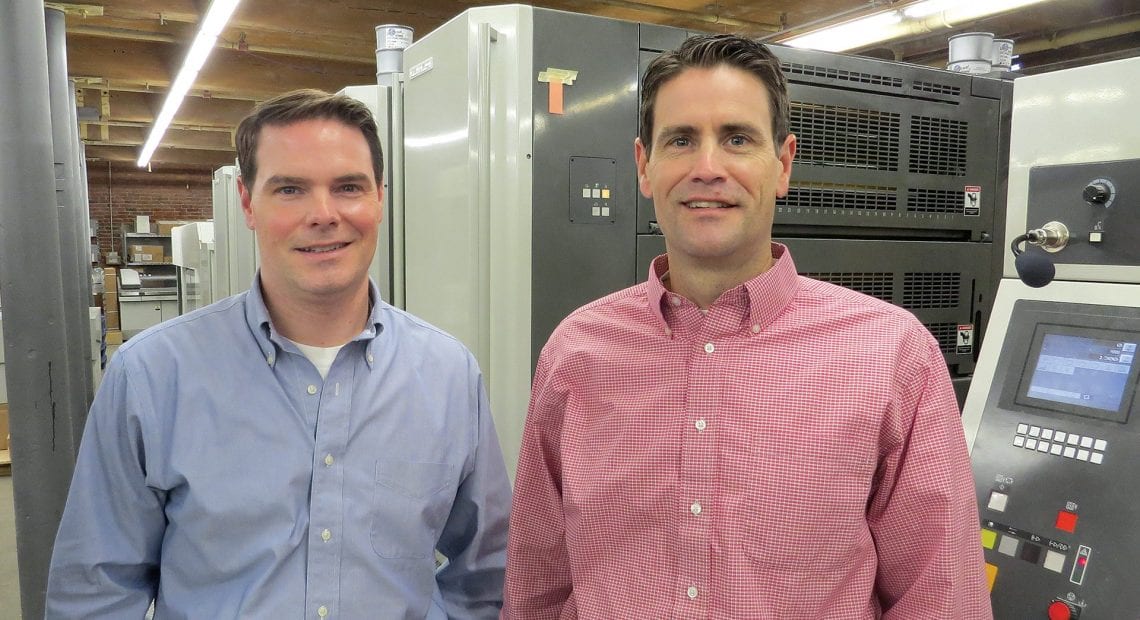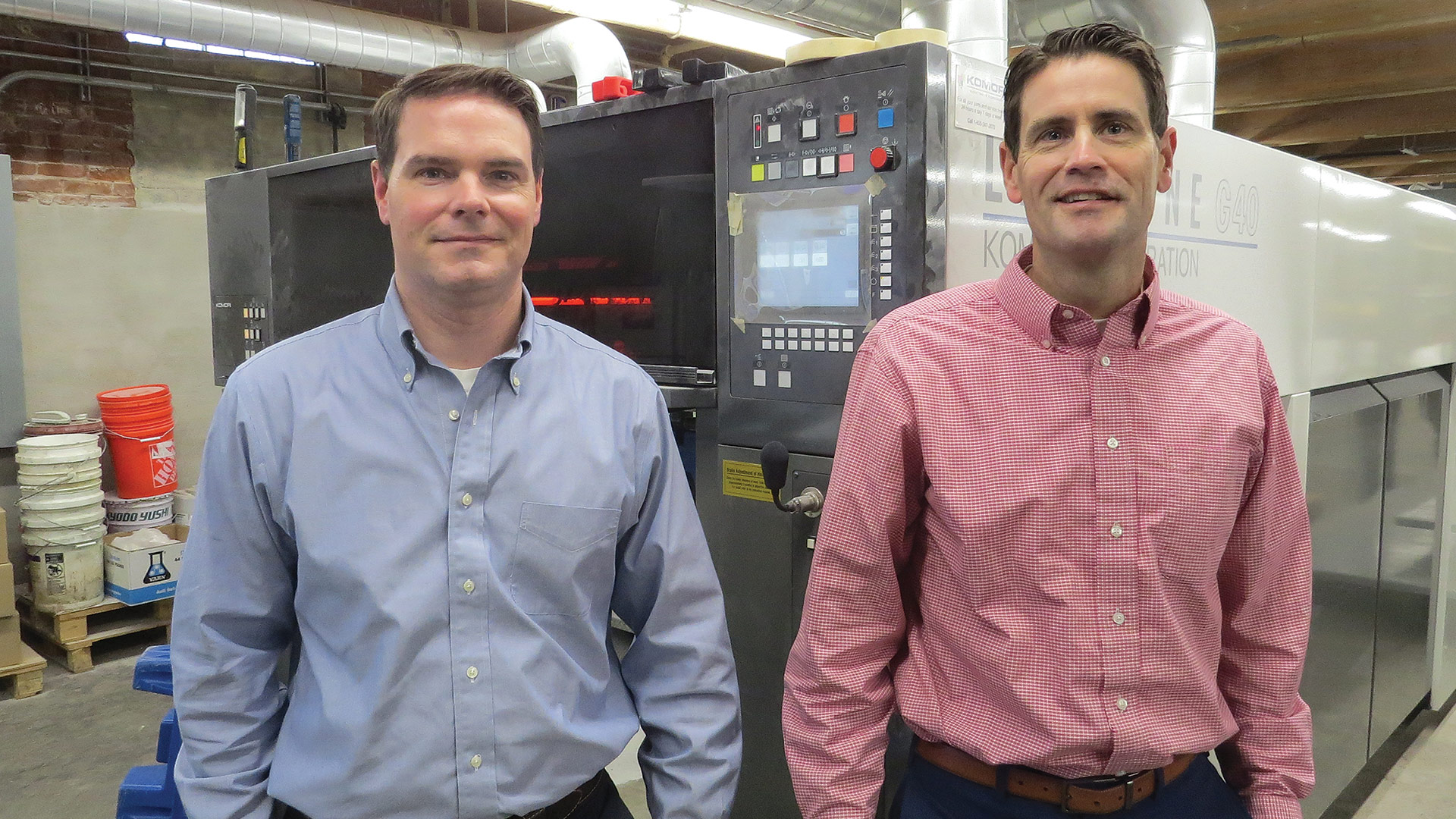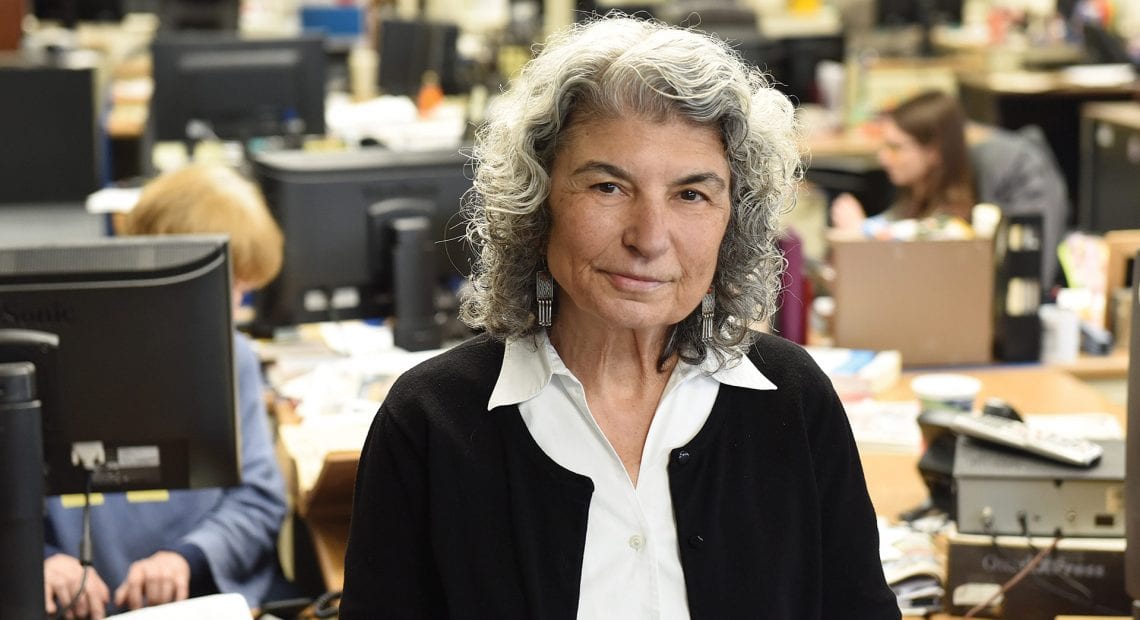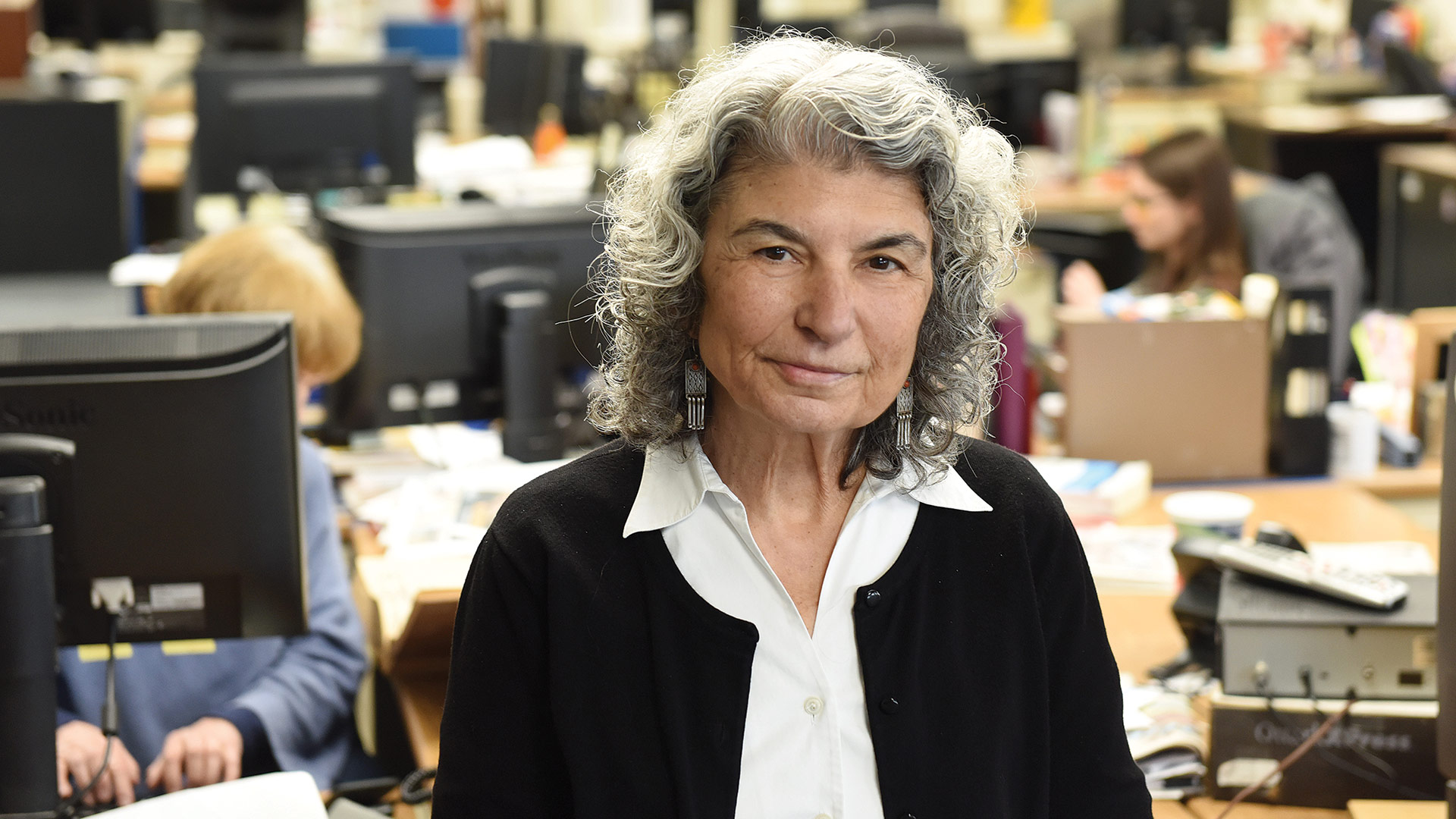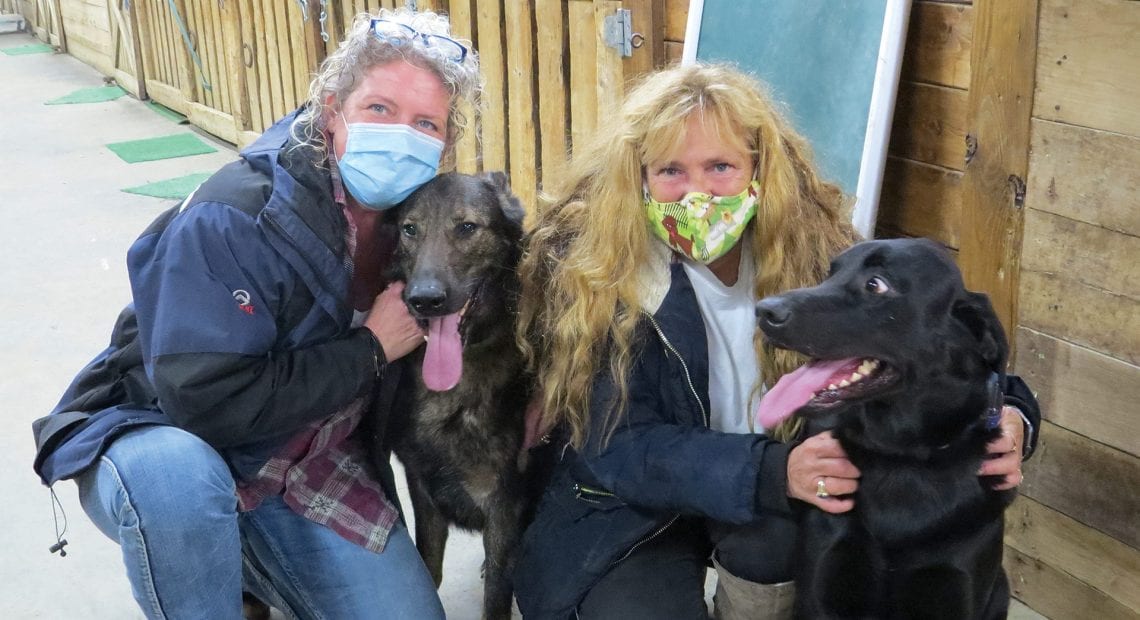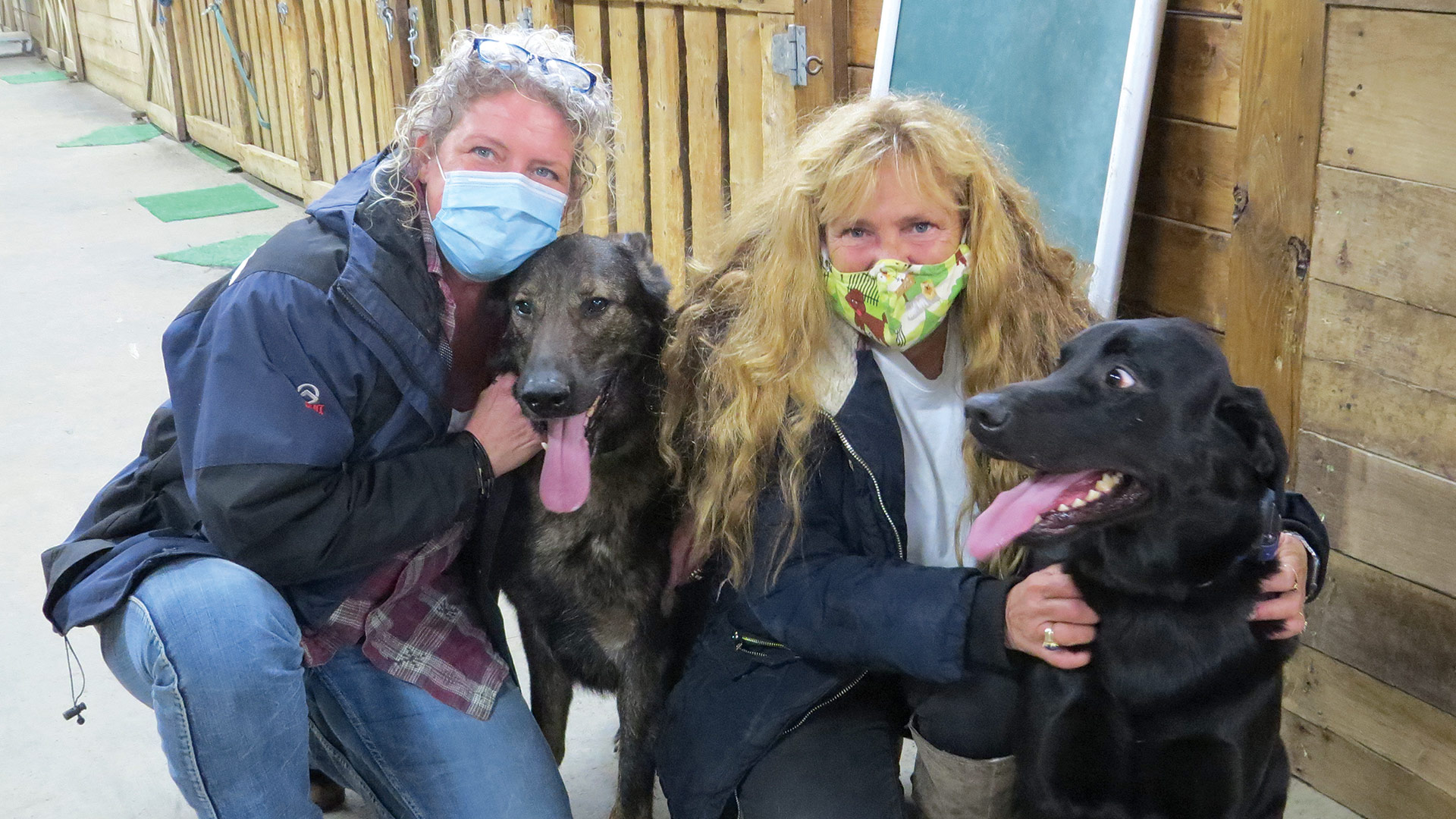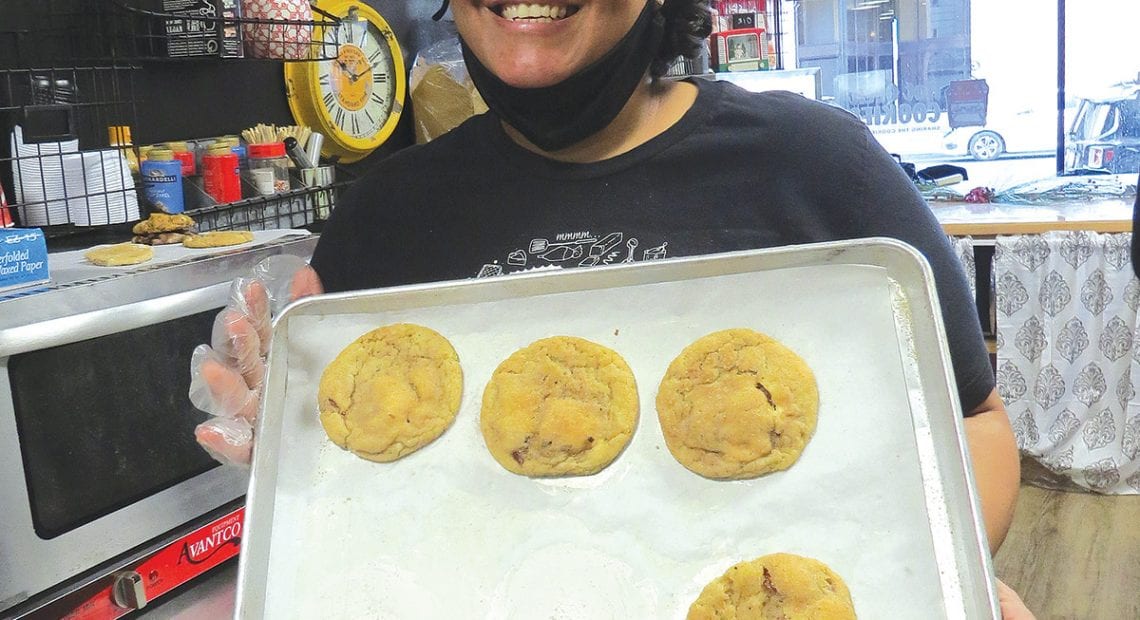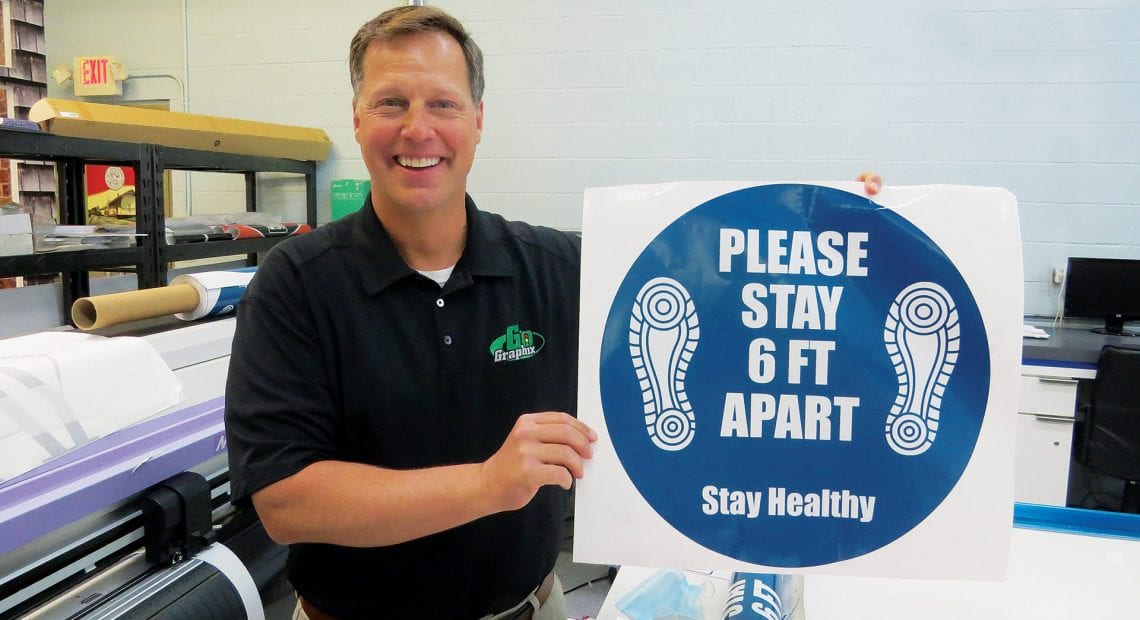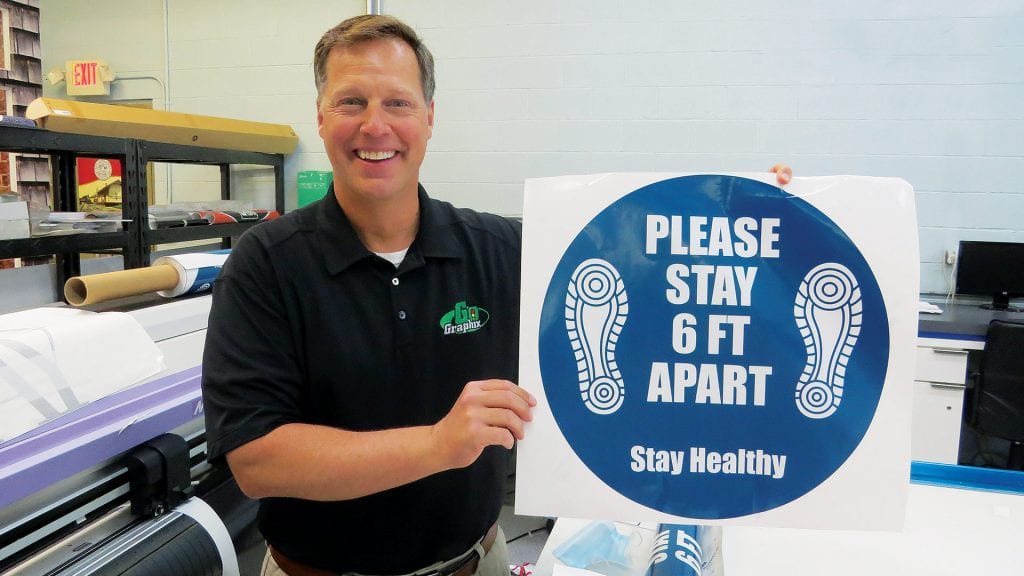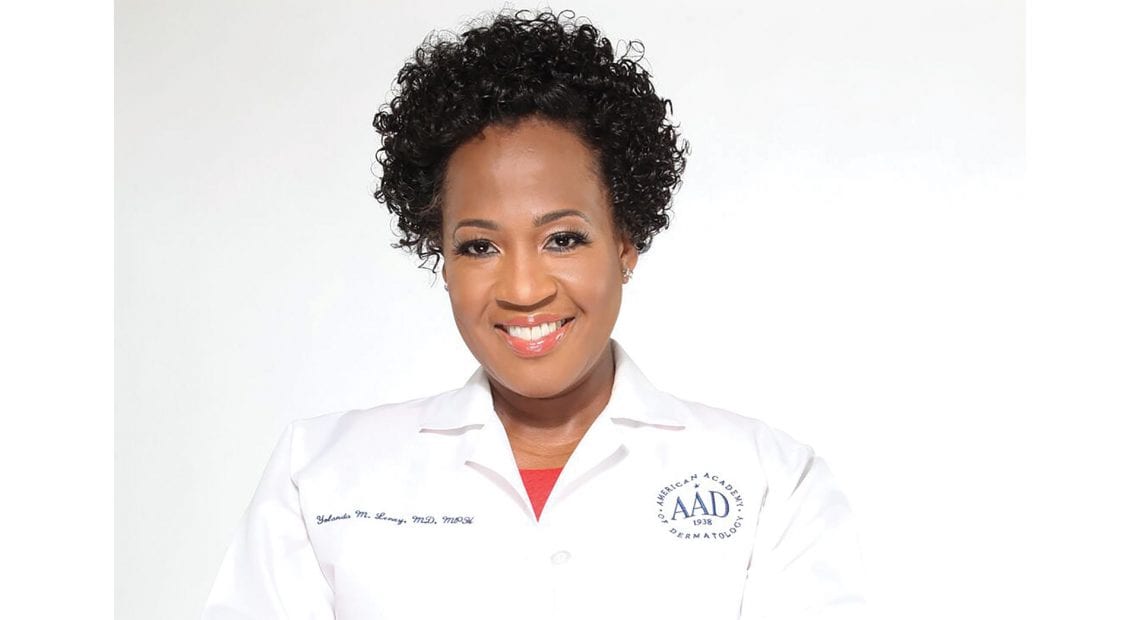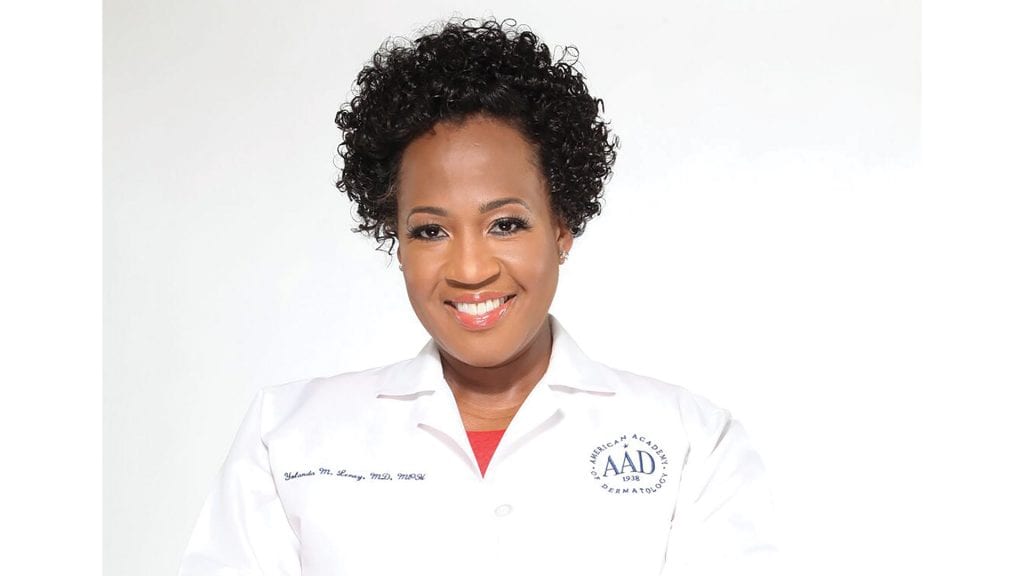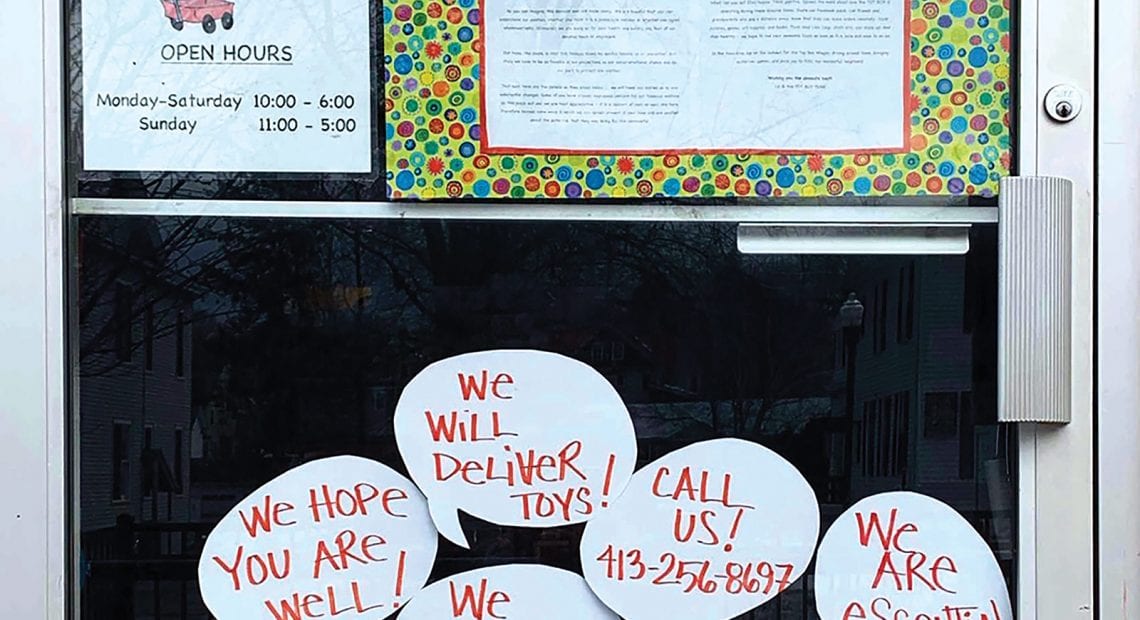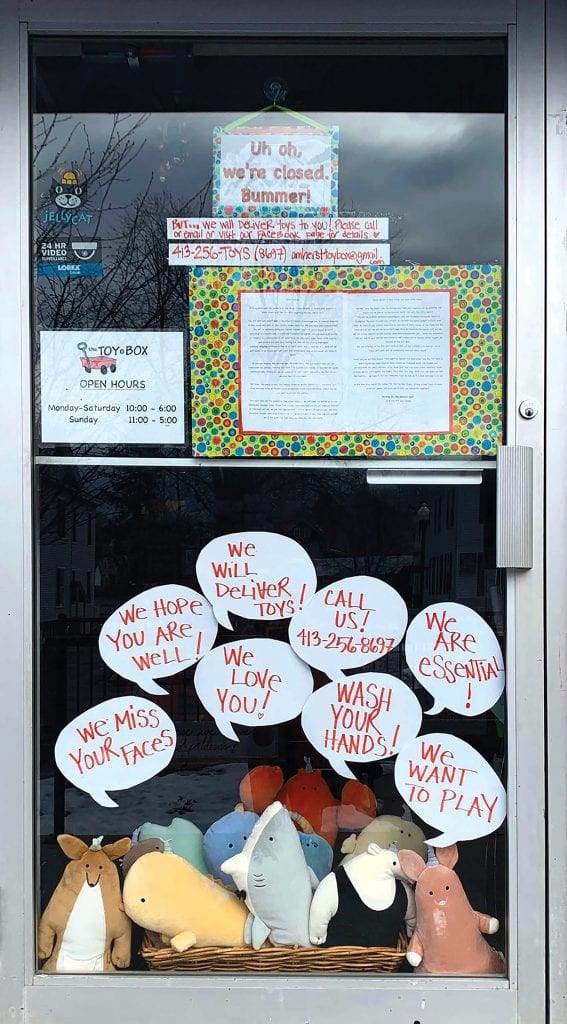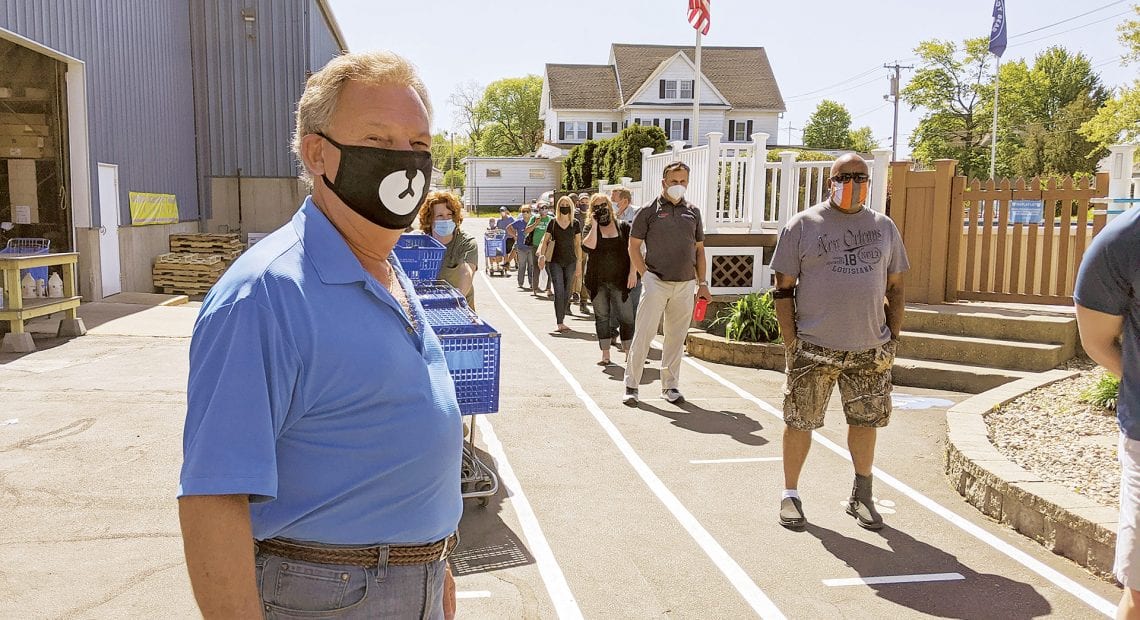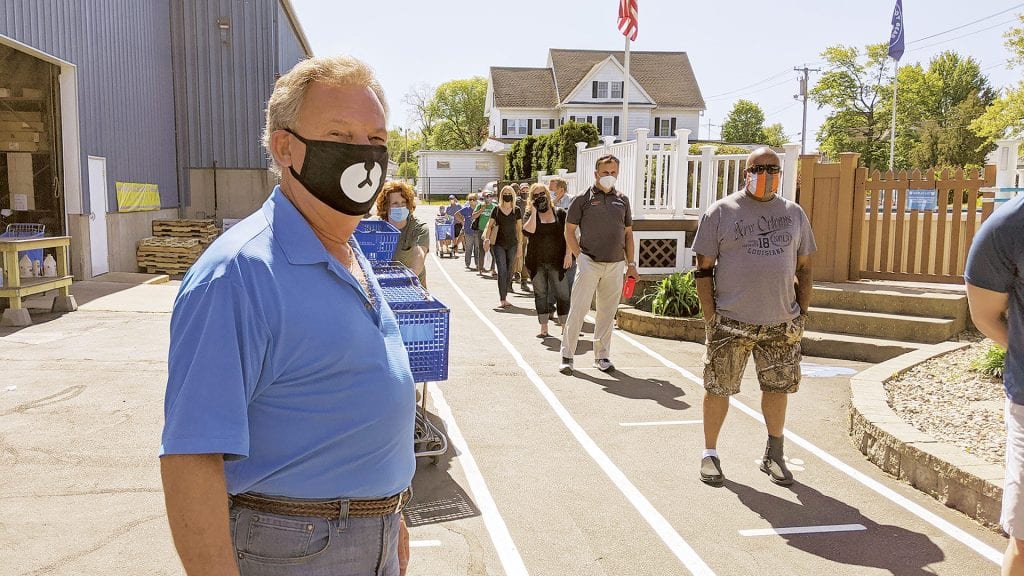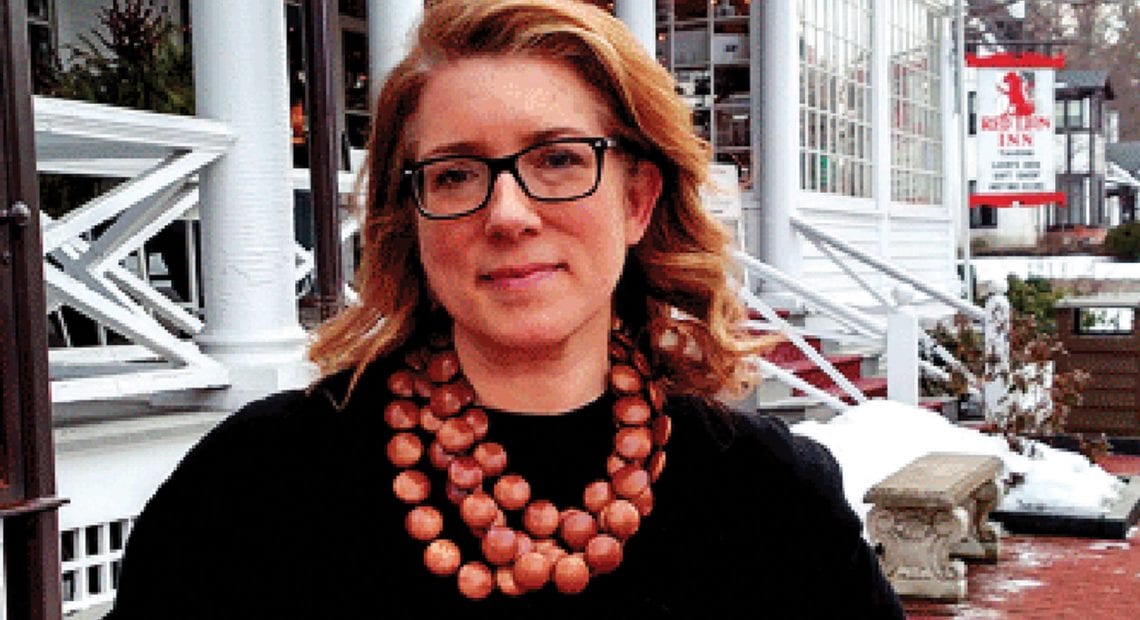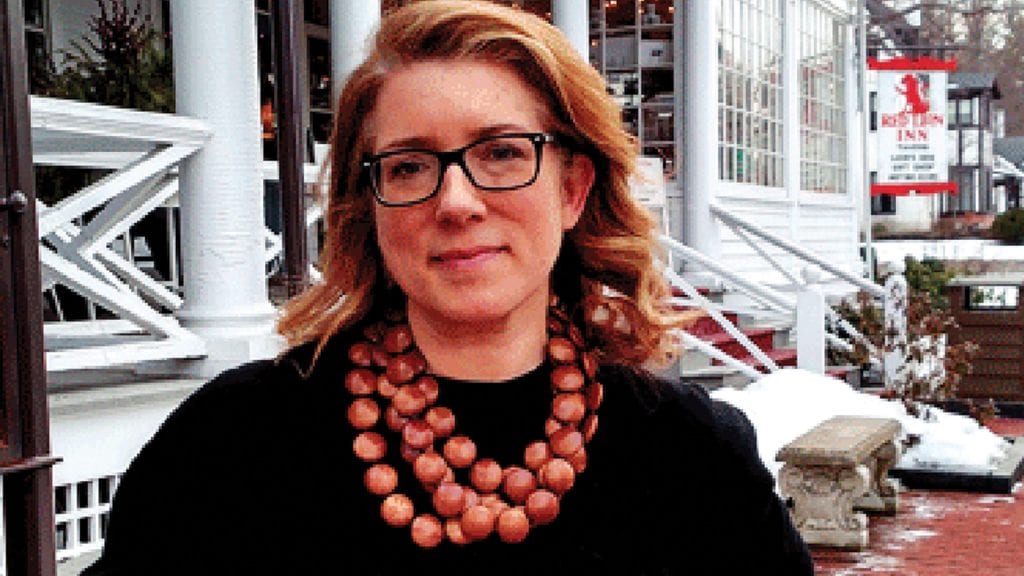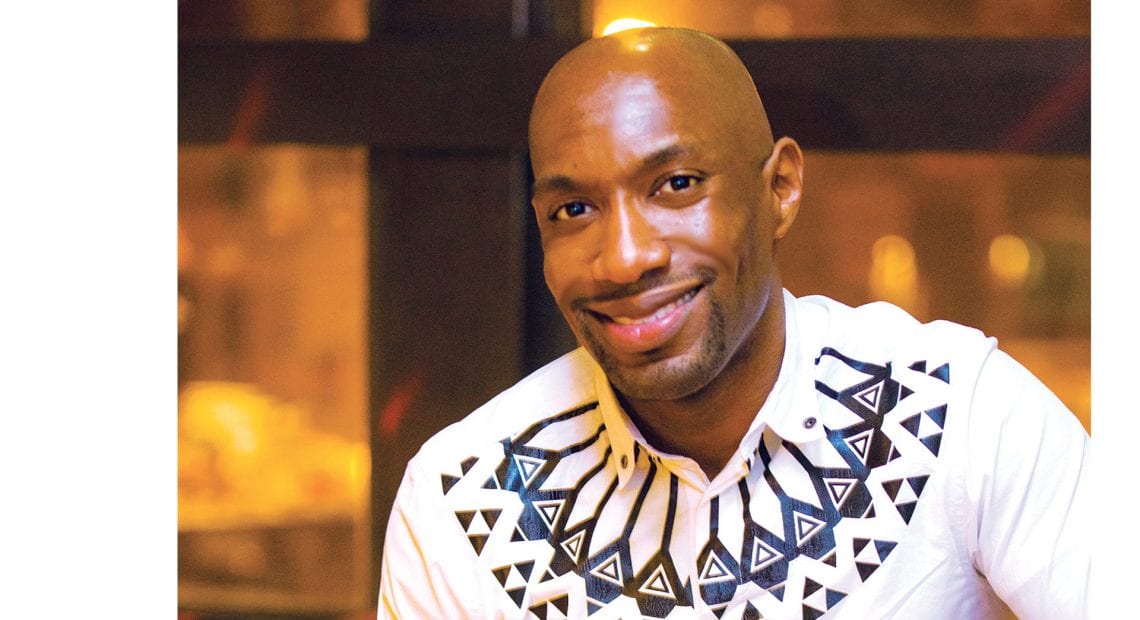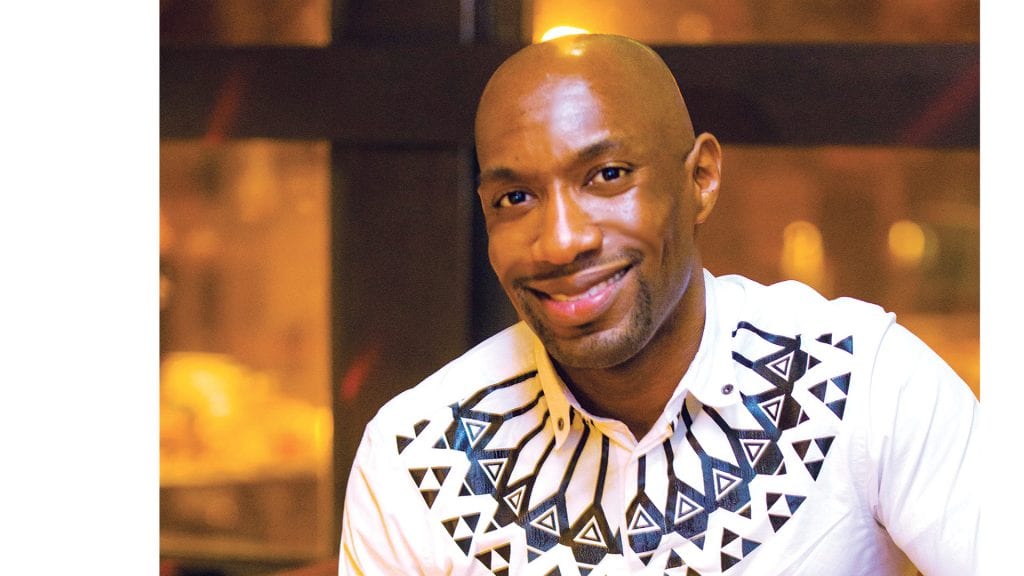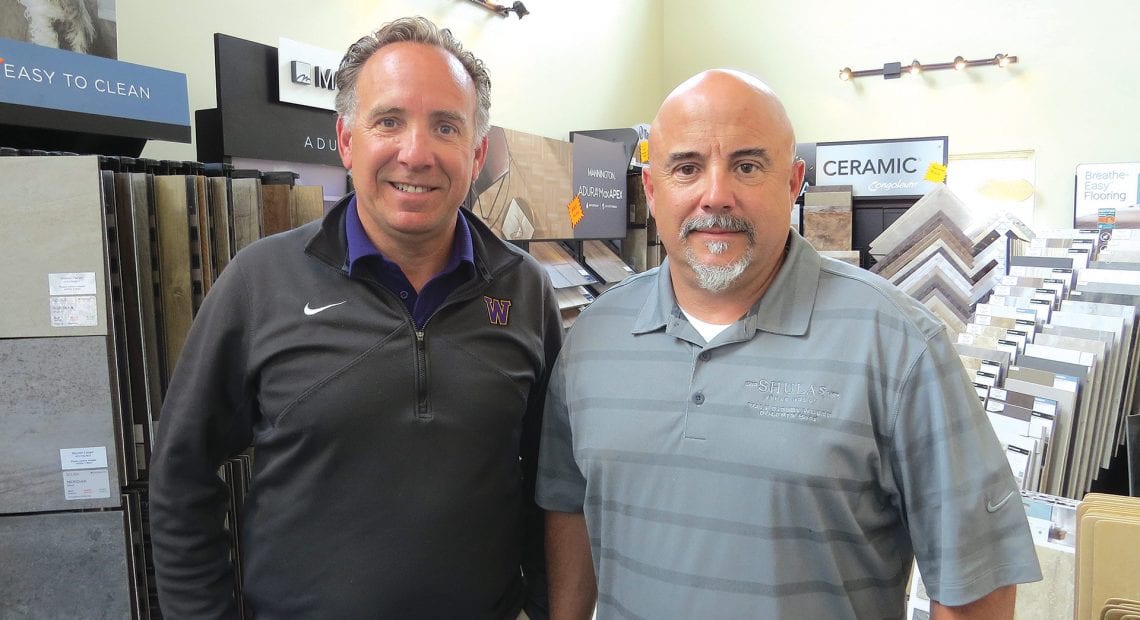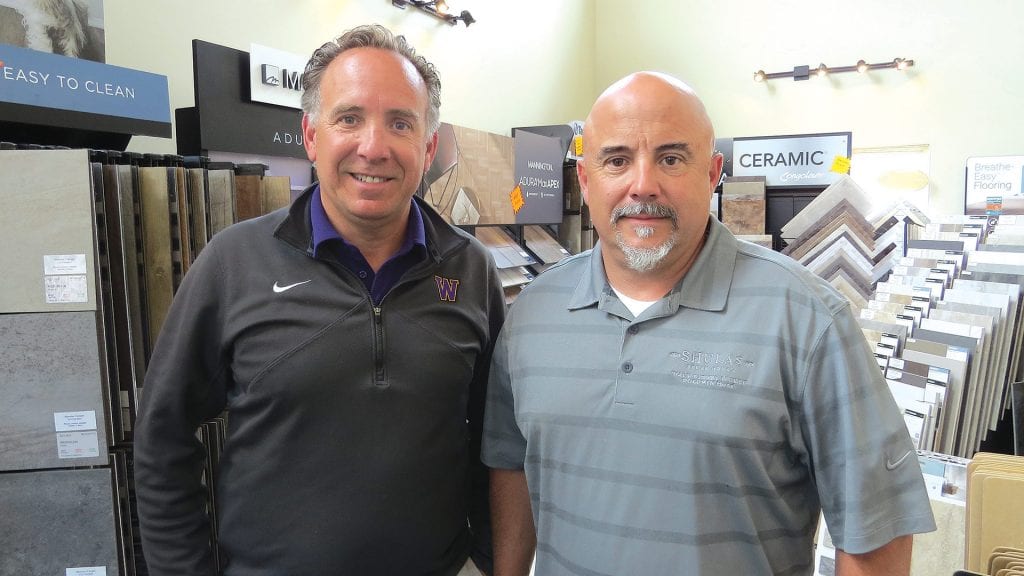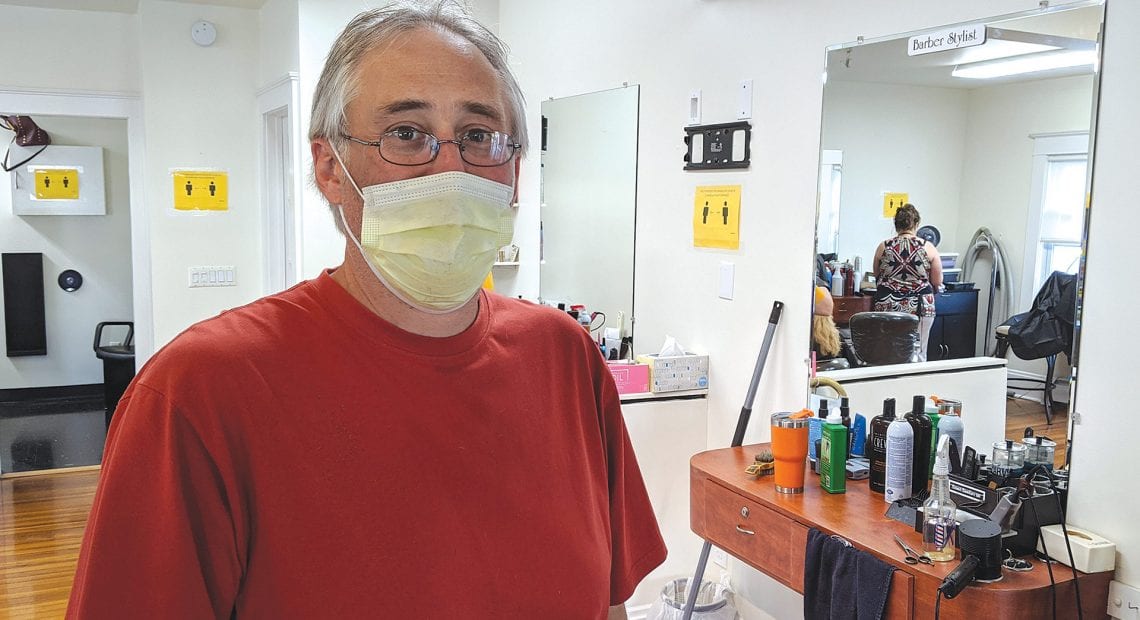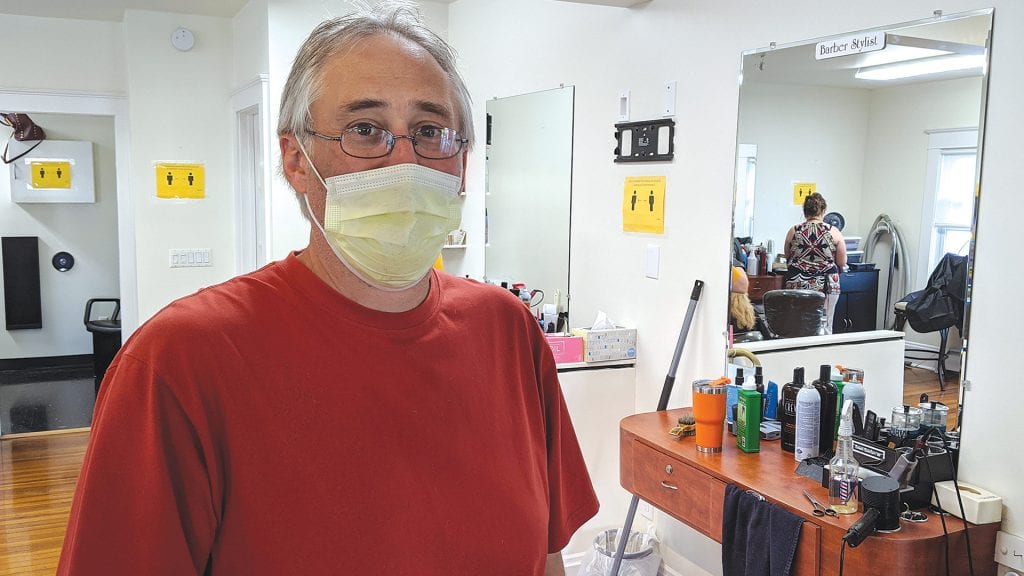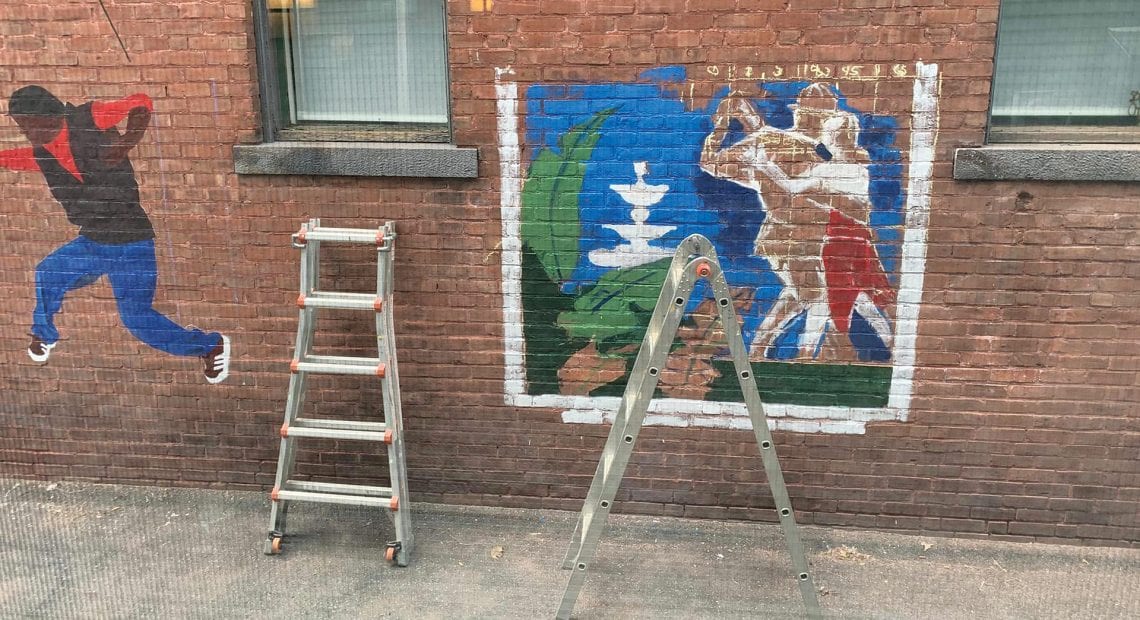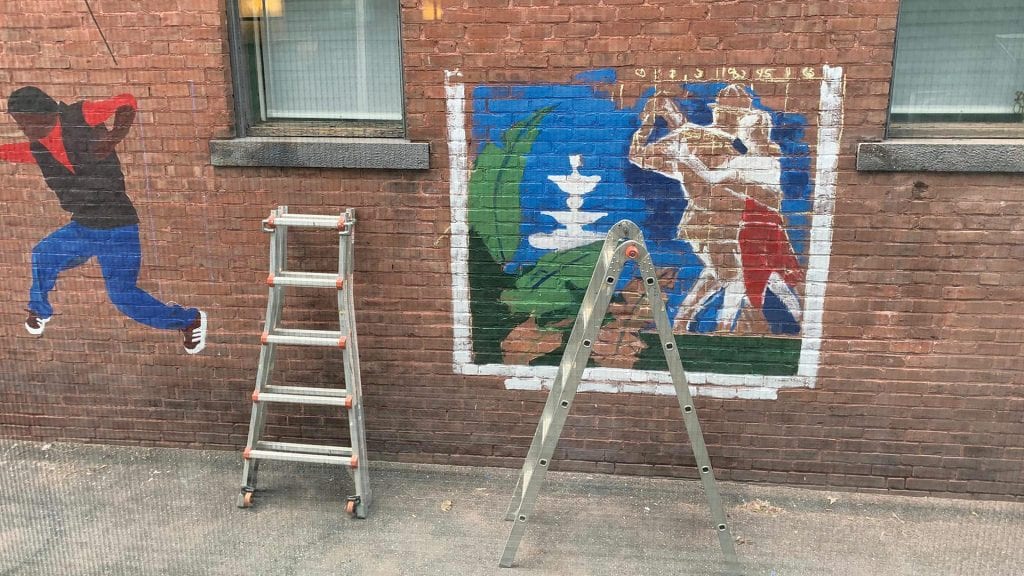Things Are Heating Up
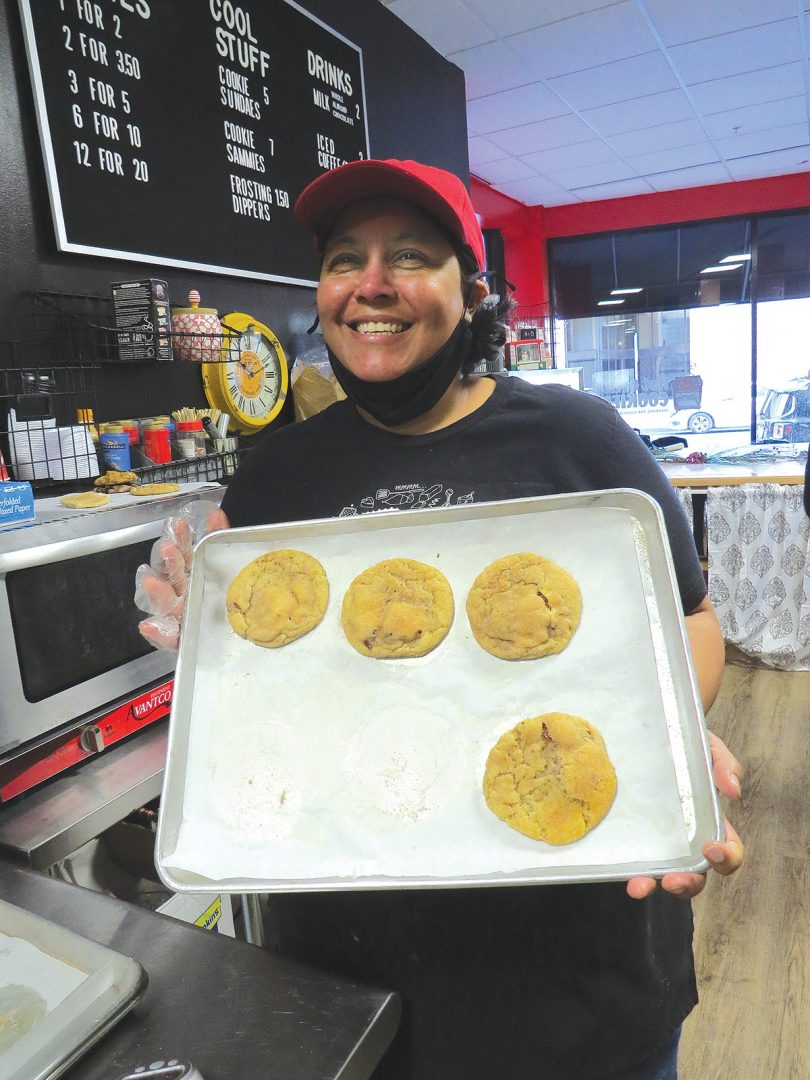
For Sheila Coon and her husband, Dan, the pandemic has been a time to expand, not retrench, and set new and ambitious goals for the future.
For many small-business owners, 2020 has been a year to hunker down. To focus on survival. To put plans for expansion on hold and devote time and energy to simply getting to next month, or even next week.
Not so for Sheila and Dan Coon, owners of Hot Oven Cookies.
For them, 2020 has been a year to take their brand to places, and a level, it had never been before, and to foster plans to take it further still in the years to come. It’s been a time to establish themselves downtown and uptown, as they like to say (we’ll explain later), and expand not only the footprint, but also the product lines, including cookie dough by the pint — ‘dough to go,’ as they call it.
There has been some good fortune, or serendipity, if you will, along the way, and some strong evidence that cookies have become a comfort food in the midst of this global pandemic — there’s even talk of a possible cookie shortage for the holidays. But mostly, this has been about entrepreneurial spirit and seizing opportunities when they have come about — traits that have defined this venture from the start.
About a year or so ago, none of what has transpired since seemed likely or even possible. In fact, as Sheila recalls, the husband-and-wife team were thinking about packing it in and turning the oven off for good.
Indeed, by late 2019, the company, then located at 1597 Main St. in Springfield, had endured several months of turmoil with its landlord over conditions that had made it increasingly difficult to do business — no heat in the winter, no air conditioning in the summer, for example. By mid-November, matters had come to a head, and the company had essentially ceased activity in that location, operating for a time out of its Cookie Cart (a food truck of sorts) until its pipes froze in the winter.
The two partners eventually went back to their storefront at the behest of customers, but when they did, it was late February, just before the pandemic arrived and a wave of restrictions on small businesses like this one went into effect.
“My husband and I were thinking, ‘we should probably close and collect unemployment, because this is going to be bad,’” she recalled, adding that, instead of shutting down, they decided to hang in — mostly due to the strong loyalty displayed by long-time customers.
That decision to persevere became just the first of many watershed moments over the past nine months or so. The company has since opened two new locations — one in Sixteen Acres at the Bicentennial Plaza (that’s the ‘uptown’ location) and then another (a replacement for the old site) further south on Main Street in Springfield, in a location formerly, and briefly, occupied by a Delaney’s Market. Both opened just last month.
Sheila knew about the downtown location and had her eye on it — sort of. She had long thought it out of her reach price-wise, but then, there was some of that serendipity.
“My husband and I were thinking, ‘we should probably close and collect unemployment, because this is going to be bad.’”
“I remember saying to someone, ‘if I could open up where Delaney’s was, I would do it in a heartbeat,’” she told BusinessWest. “It was wishful thinking, but two days later I got a phone call, and someone said, ‘hey, we have the keys, would you like to go see it?’
“We came to see it a few days after we opened Allen Street, and we thought, ‘this is beyond our reach,’” she continued. “But our brand reputation preceded us, and the landlord was extremely willing to work with us because he wanted us here. And here we are.”
In addition to those two locations, the company still operates the Cookie Cart, which has been parked at a number of area colleges, businesses, and even private residences for birthday parties and anniversaries, and also has a kiosk at Bradley International Airport, which has been idled by the pandemic — the one aspect of the venture to be slowed by COVID-19.
As BusinessWest talked with Sheila at the downtown location on a Thursday afternoon a few weeks before Christmas, customers steadily filed into the store. At one point, the line became long enough that she hit pause to go help her employee behind the counter.
It has been like this pretty much since the location opened, she said, adding that the Hot Oven brand — featuring more than 100 flavors, including staples like Dark Chocolate + Seal Salt Chip, Boozy Cake Batter Sugar, and Coquito Snookerdoodle — has always been popular and sought out by those in this market and others residing well outside it.
And the pandemic has made it even more popular, she believes, theorizing that the cookies provide a measure of comfort, a measure of normal, at a time when people are craving both.
Indeed, when asked how the downtown was doing since opening, she started with “wow,” paused for a second, and put it in perspective.
“My husband and I had a logistical meeting before we opened both the shops,” she recalled. “And the conversation went something like this: ‘we’re moving two blocks over to a new location and new customer base, and we’re moving uptown to another location; it’s going to take a while for people to catch on that we’re here.’
“Nope … that hasn’t been the case,” she went on. “Business down here for us has been double or triple what we’re doing two blocks over. And uptown is a beast of a shop — we sell out every day.”
Looking ahead, Sheila said the company is looking forward to the day when the kiosk at Bradley can open and become a strong source of revenue that can finance future expansion — perhaps into Worcester, Boston, and other cities. And there has long been talk of franchising this brand and taking it well beyond its Western Mass. roots.
For the immediate future, though, the two have their hands full with the two new locations and the brisk business they are witnessing.
There have not been too many business-expansion stories during this pandemic, but this is certainly one of them.
Call it a feel-good story if you like, but this is also, and especially, a taste-good story. And a very intriguing one at that.
George O’Brien can be reached at [email protected]
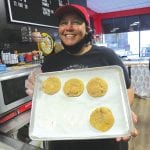 Things Are Heating Up
Things Are Heating Up COVID Tails
COVID Tails Words to Live By
Words to Live By The Latest Word
The Latest Word Root Causes
Root Causes


